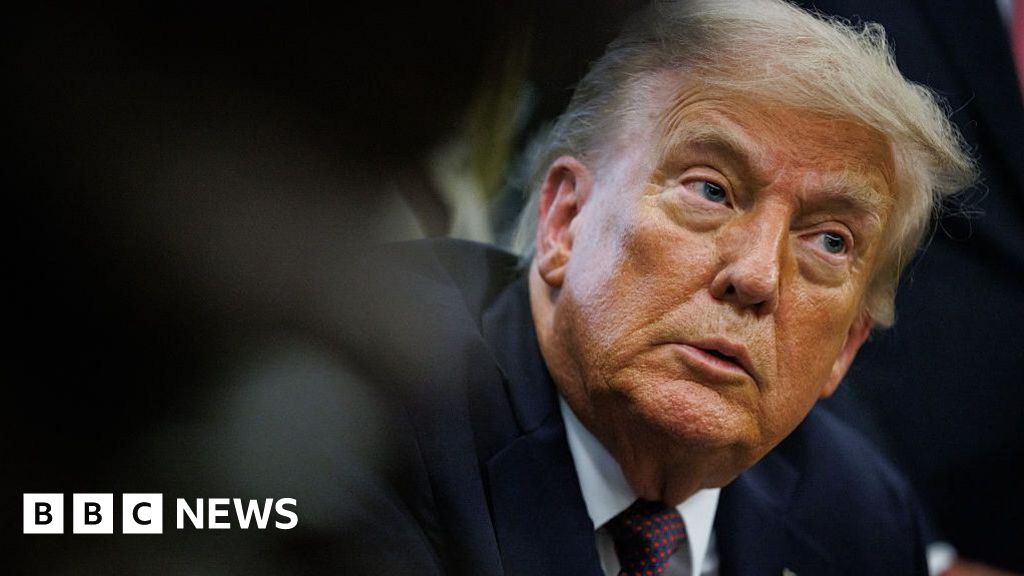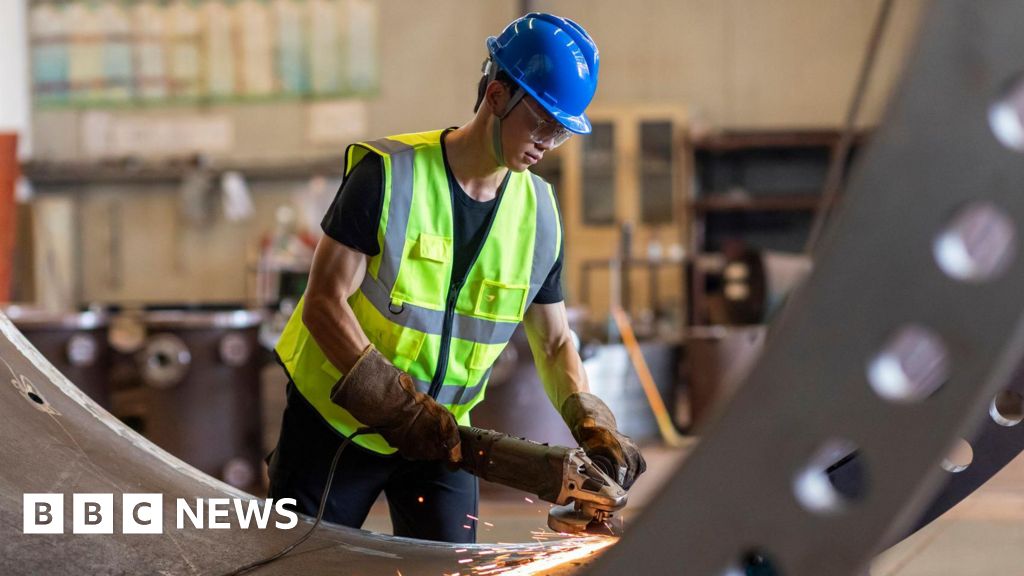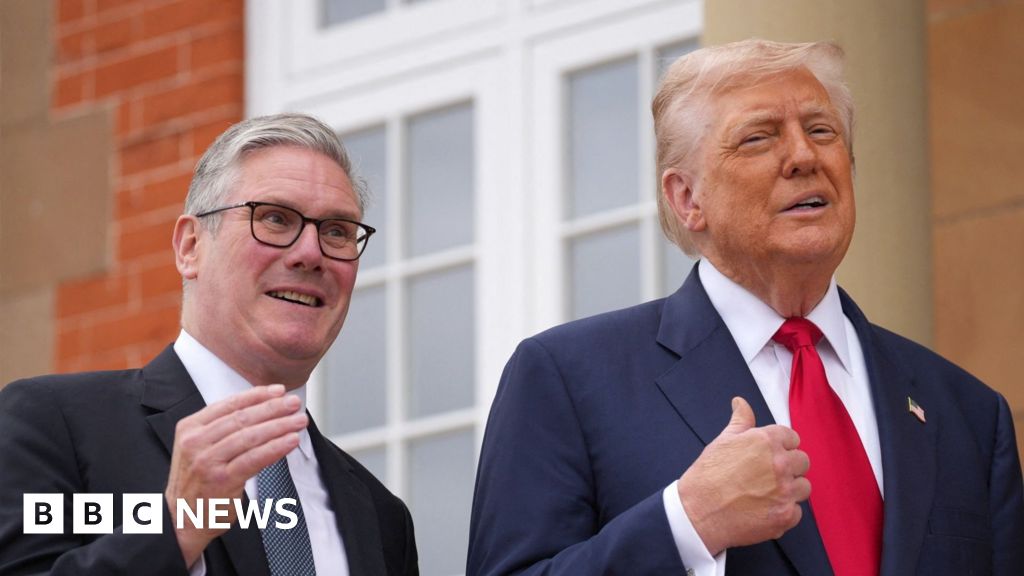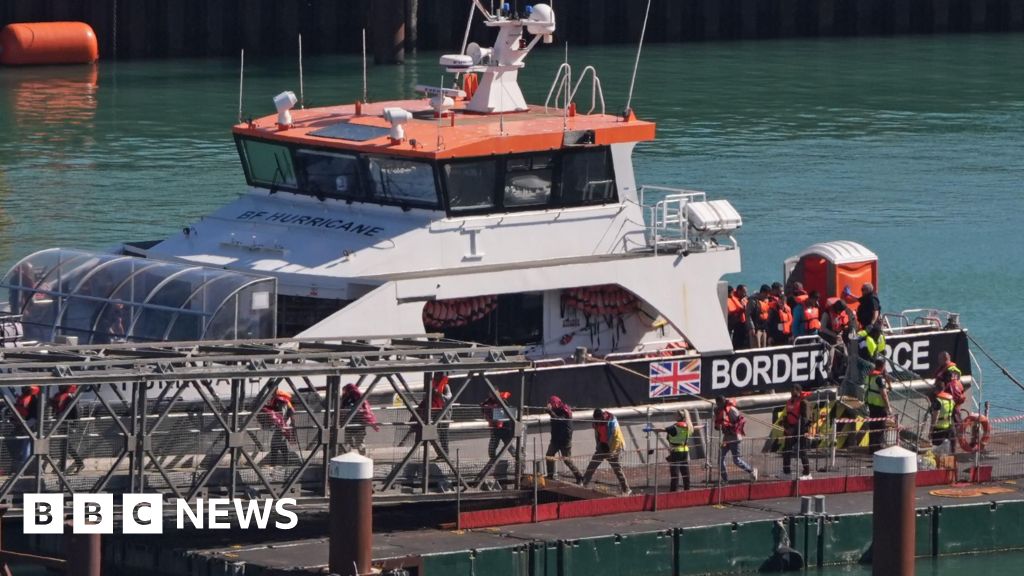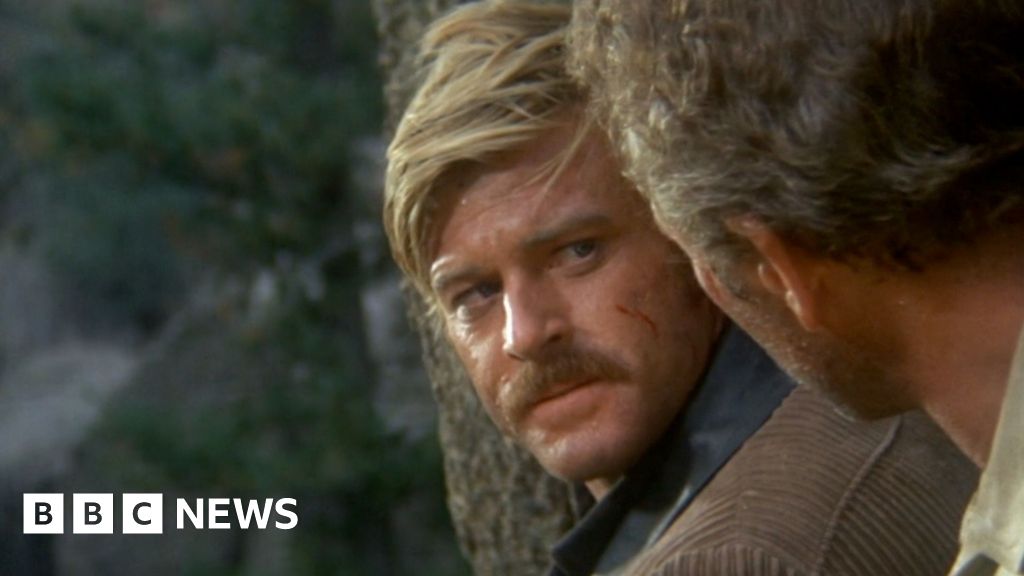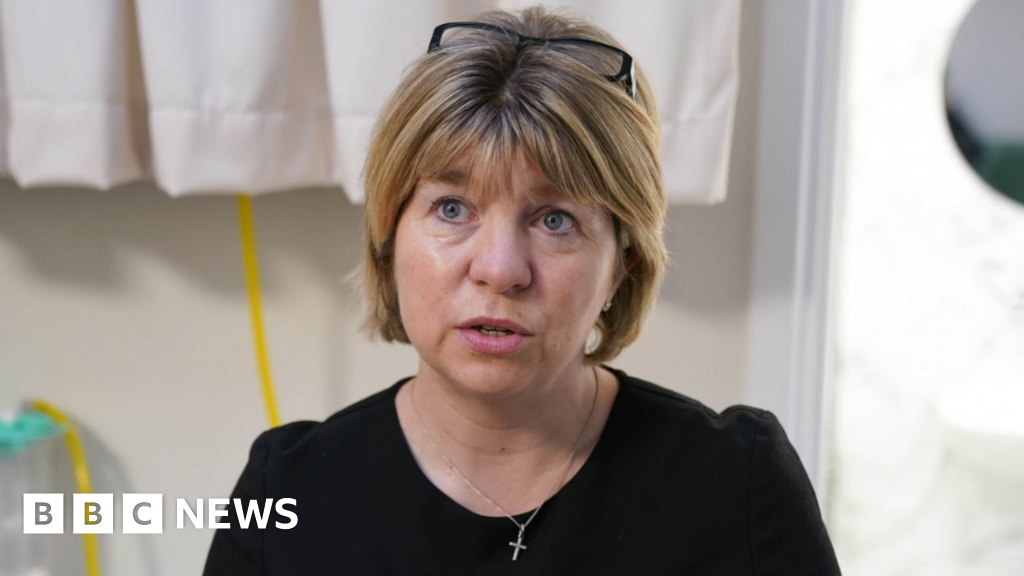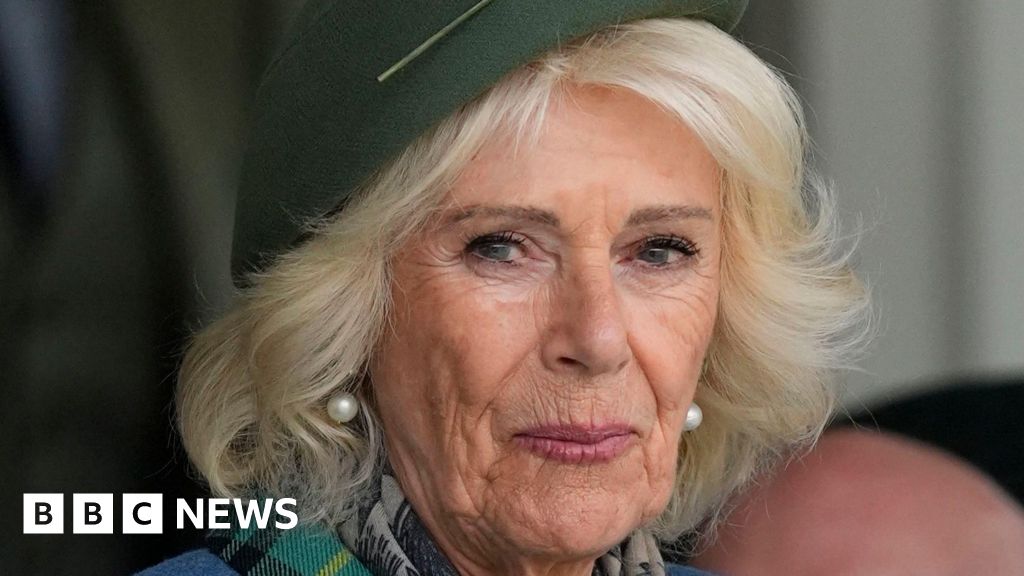Jonathan Beale
Defence correspondent
The British defence review was asked to make its recommendations within the budgetary constraints of spending 2.5% of GDP on defence.
But it is already clear that to meet its goals of transforming Britain's armed forces, to make them ready for war, there'll have to be more money.
The review welcomes the government's "ambition" to spend 3% by 2034. But it also states that "as we live in more turbulent times it may be necessary to go faster". Several Nato allies are already spending more than 5% of their GDP on defence.
But a defence source told the BBC that even the government's commitment to build up to 12 new attack submarines, as outlined in the review, would require an increase in defence spending to at least 3% of GDP.
At a glance: Key points from government defence strategy
Ministers say they believe they will reach that target in the next parliament, but there are no timelines or guarantees.
The review highlights the war in Ukraine as evidence of rising threats and the fast pace of change. The over-riding message is that Britain's armed forces and the nation needs to transform to be ready for the possibility of war.
Russia is described as an immediate threat. China is a sophisticated and persistent challenge. Iran and North Korea are described a regional disruptors.
The review warns the unpredictability of these threats, along with the speed of change "has created alarming new threats and vulnerabilities" for Britain.
The review says Britain's military needs to undergo a revolution – a pivot to new ways of fighting.
One of the reports author's, General Sir Richard Barrons, described it as the "most profound" change in UK defence in 150 years.
There will be be more drones and autonomous systems, as well as other technologies harnessing software and artificial intelligence, to speed up battlefield decisions. Essentially, what is already happening in Ukraine.
There will still be "heavy metal", such as tanks, fighter jets and warships, but working more alongside autonomous systems.
It is not just the military that will have to change. The review calls for a "whole of society approach".
It says the government must have plans to achieve a transition to war if required. There should be a "defence readiness bill" to give the government more powers to support the mobilisation of industry and reserves, if required.
The nation needs to do more to protect its critical national infrastructure, including undersea pipes and cables. The review says "a renewed focus on home defence and resilience is vital".
Labour says this is the first defence review in a quarter of a century that will not lead to a cut in the overall size of the armed forces.
During that time, the regular army has lost tens of thousands of troops. In 2010 it was more than a hundred thousand strong, and now it is just over 71,000 - still below its target strength of 73,000.
The review highlights the need to tackle the crises in recruitment, retention and low morale. It says there should be an increase in the size of the regular army.
John Healy, the defence secretary, said in the Commons on Monday that the regular army would be increased to 76,000 - but after the next election and with no specific date. This too has not been funded.
The review provides strong reasons to invest more in defence and national security.
Many who read it might reasonably conclude that it will require a significant uplift in defence spending.
So far that increase has been incremental – not transformational. Other Nato allies agree on the growing perils in the world – and have responded by spending a lot more.

 3 months ago
108
3 months ago
108


